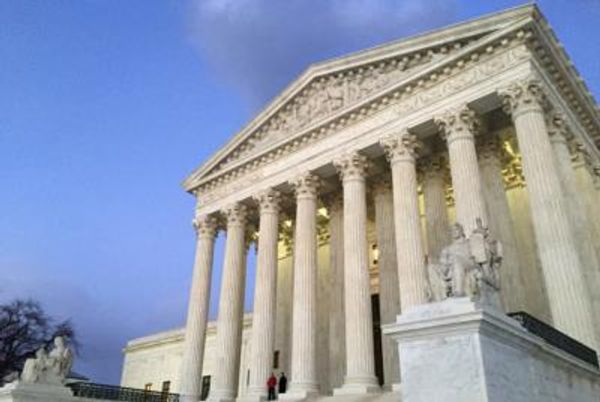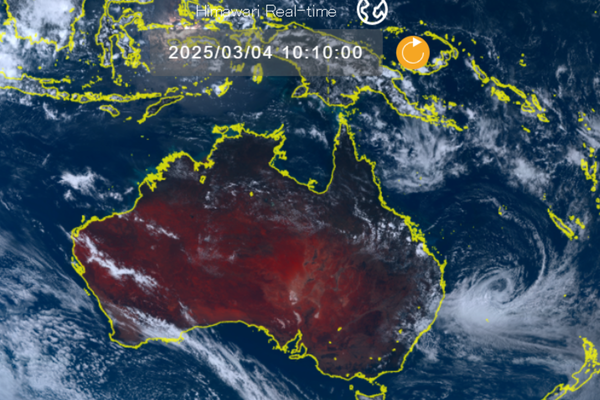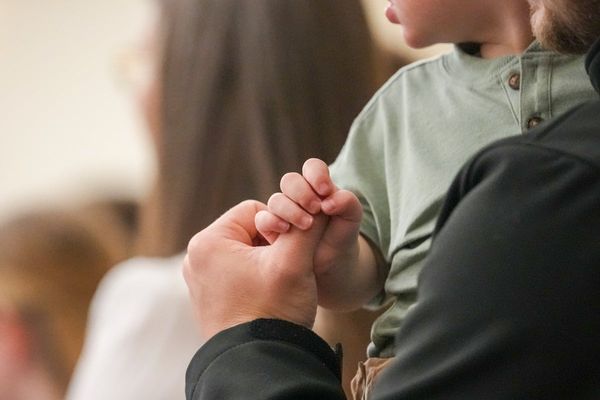
Riyadh (AFP) - Saudi Arabia was preparing Thursday to host an Arab regional meeting on ending Syria's isolation at a time of dizzying diplomatic shifts following its deal to resume relations with rival Iran.
Friday's nine-nation talks in Jeddah, the Red Sea gateway to Mecca, come after Syria's foreign minister arrived on a previously unannounced visit -- the first since the outbreak of the country's civil war in 2011.
It was one in a flurry of events that were nearly unthinkable before Saudi Arabia and Iran's landmark, Chinese-brokered announcement on March 10 that they would resume ties, seven years after an acrimonious split.
On Wednesday, an Iranian delegation landed in Saudi Arabia to pave the way for reopening diplomatic missions, following a trip by a Saudi team in the opposite direction.
The Saudi ambassador to Yemen has held talks with Iran-backed Huthi rebels this week aimed at ending the devastating civil war that has raged since a Saudi-led military intervention started in 2015.
Earlier this month, the Saudi and Iranian foreign ministers pledged to work together to bring "security and stability" to the troubled region during a meeting in Beijing.
And late on Wednesday, gas-rich Qatar and its tiny Gulf neighbour Bahrain agreed to re-establish relations, putting aside a long-running diplomatic feud.
Sunni-ruled Saudi Arabia, the world's biggest oil exporter, and Shiite theocracy Iran have long been vying for influence around the region, with Yemen a major battleground.
But analysts say Saudi Arabia is now trying to calm the region to allow it to focus on domestic projects aimed at diversifying its energy-dependent economy.
Bloody crackdown
On Friday, ministers and top officials from the six Gulf Cooperation Council countries -- Bahrain, Kuwait, Oman, Qatar, Saudi Arabia and the United Arab Emirates -- along with Egypt, Iraq and Jordan will meet in Jeddah.
On the table is Syria's suspension from the Arab League, in place since President Bashar al-Assad's government launched a bloody crackdown on pro-democracy protests in 2011.
Staunch Assad opponent Qatar threw cold water Thursday on Syria returning to the pan-Arab body, with Prime Minister Sheikh Mohammed bin Abdulrahman bin Jassim Al-Thani saying in a television interview that "nothing is proposed", and this was "all speculation".
Assad is backed by Iran and Russia but has been shunned by many Middle Eastern countries and is regarded as a pariah in the West over the brutal civil war.
However, Syrian Foreign Minister Faisal Mekdad and his Saudi counterpart have discussed "the necessary steps" to end Damascus's isolation, according to a Saudi statement on Wednesday.
Although the 22-nation Arab League, which meets next month in Saudi Arabia, takes decisions by consensus, unanimous agreement is unlikely, a Riyadh-based diplomat told AFP.
"The meeting aims to overcome the Gulf differences over Syria as much as possible," the diplomat said, singling out Qatar.
"I will not say taking a unified position because this will not happen, but the Saudis are trying at least to ensure that Qatar does not object to Syria's return to the Arab League if the issue is put to any vote," the diplomat added.
It was possible that Foreign Minister Mekdad would attend the meeting "to present the Syrian point of view", another diplomat said.
Ahead of the talks, United Arab Emirates President Sheikh Mohamed bin Zayed Al-Nahyan flew to Cairo for talks with Egyptian leader Abdel Fattah al-Sisi.
Unlike some other Arab governments, Cairo never fully severed ties with Damascus after the war, but relations were downgraded.
The UAE has led the charge to bring Syria back into the Arab fold, with Sheikh Mohamed saying last month that "the time has come" for Damascus to be reintegrated into the wider region.







